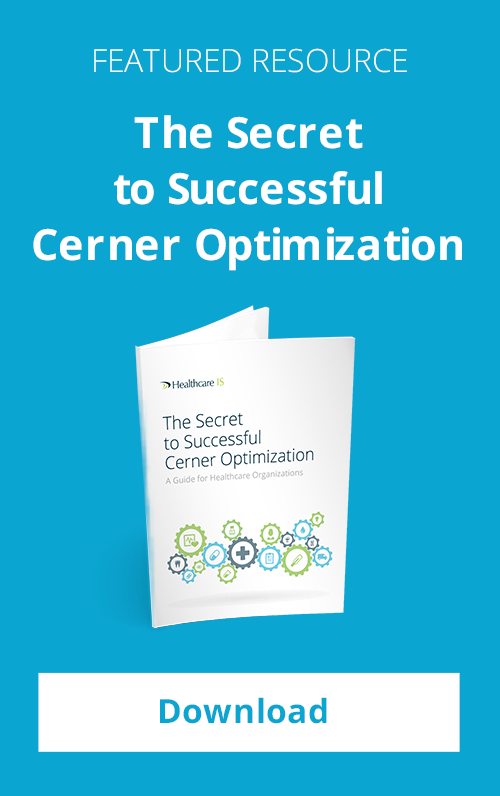This is a question we hear quite a bit. It's most often asked by pharmacists looking at the pharmacy IT/pharmacy informatics marketplace when considering a possible career transition. We’re also frequently asked this same question by new pharmacy graduates who’ve heard about, or done research into, the pharmacy IT/pharmacy informatics marketplace.
The problem facing both groups is that employers are, ideally, looking for experience that they don’t have. When you find yourself in this situation, you have to be willing to do whatever you can simply to get your foot in the door. I know readers are tired of me saying this, but if you can offer your time as a volunteer in exchange for some experience, then you should strongly consider doing so, because it’ll pay off down the road.
Here, I’m going to suggest a strategy that I recommend to anyone who’s attempting to get their foot in the door within a new field. What makes this strategy crucial in the pharmacy IT and pharmacy informatics spaces is that you’ll have less room for error due to the limited options for employment.
First, you have to identify the organization that would most likely have the position for which you’re looking. For most of my readers, inpatient hospitals in your local market (daily communicable distance) will be on your list. If you’re willing to relocate, then inpatient hospitals in the areas to which you’re willing to do so should also be on your list.
[eBook: How Pharmacy Informatics and Technology are Evolving to Improve Patient Care]
Once you’ve compiled your list, it’s time to research the names of department heads where pharmacy IT and/or pharmacy informatics specialists are employed. This will either be in the IT department, the pharmacy, or informatics department.
Now that you have this list in place, you need to take the time to reach out to these people and get to know them. It’s a lot easier for a hiring manager to hire an inexperienced person if they know that person. Get in touch with each of these individuals to find out:
• How many people the organization employs for the job you’re seeking.
• If they plan to create any new positions and, if so, in what timeframe.
• If they anticipate having any positions vacated in the future (the current positions’ holders leaving for any number of reasons, including retirement).
• What they’re looking for, in terms of background, should they have an opening. They’ll tell you what you need to learn in order to be considered.
• What they suggest you do in order to be someone they’d consider, should they have an opening and not be able to find the ideal (experienced) person.
Getting answers to the questions above will let you know:
• The potential of a position opening up at each organization.
• What an organization and hiring manager may, specifically, be looking for when considering a new hire.
Is this a lot of work? Yes and no. Most people will find their list to be somewhere between four and 12 organizations long. If there are two people at each organization (at most organizations there will only be one) in a position to hire you, then you’ll need to reach out to eight to 24 people.
Reaching out to three people a week will allow you to complete this process before you know it. In fact, many people I know have successfully completed this process, with this many contacts, within three weeks.
Once this is complete, you’ve begun the process of being in the “network” of people you’d like to consider you for an opportunity to get your foot in the door. Completing this process will give you a distinct advantage over other applicants who merely sit back and respond to job ads once a position finally becomes available.
Good managers are always on the lookout for top talent. They know not to wait until they have an opening to run an ad and be limited to hiring the best person who responds within the ensuing 30 days. Take a look at a previous blog on this topic. Healthcare IT Employers – Are You Hiring Talent or Filing a Job Opening? This process will allow you to be a part of their future hiring pool.
Interested in trying your hand at being a healthcare consultant rather than a traditional staff employee? Check out our guide — Healthcare Consulting 101: Understanding the Four Types of Healthcare Consultants



Comments